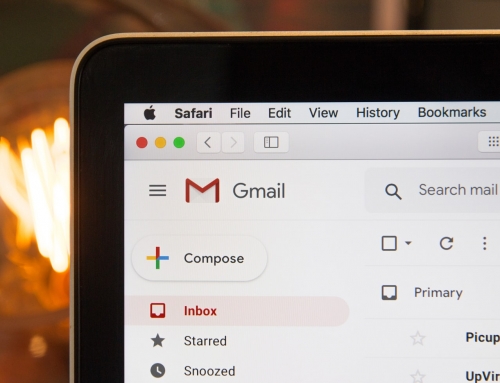The key to thinking quickly is to be prepared: acquire basic skills and methods and practice in scenarios when you could be under pressure. When you are confronted with unexpected inquiries, you will be prepared to respond.
Be Calm
This is typically the polar opposite of how you experience when you’re under pressure, but you need to be as relaxed as possible and try for your voice to remain quiet and your brain to “think.” Keep your cool by I’m taking a few deep breaths. Taking a moment to practice saying something kind and affirming. Clenching and loosening unseen muscles (hips, triceps, and legs) for a few seconds to ease tension
Pay Attention
It should be unsurprising that listening is essential for quick thinking. Why is it necessary for you to pay attention? Before responding, be sure that you understand the query or request completely. You risk going “off on a tangent” if you respond too quickly. Remember the following tips to improve your listening skills: Look the questioner in the eyes. Pay attention to both body language and what is being spoken. Try to figure out what the query or request is implying. Is this a test, an attack, or a legitimate request for more information? What is the purpose of this person’s question, and why is he or she asking it?
Request that the Question be Rephrased
If you’re under a lot of strain, request that the question be repeated. This provides you with a little more time to consider your response. People initially believe that this will just make them appear unsure. It isn’t the case. It makes you appear anxious that you will respond appropriately. It also allows the questioner to reframe his or her question and pose a more pertinent one. Remember that the questioner may have just “thought on her feet” when formulating the question, so if you give her another chance, the issue may be more phrased and clearer to everybody.

Make Use of Stalling Tactics
Sometimes you need more time to gather your thoughts and relax enough to respond clearly. The last thing you need to do is blurt out whatever comes to mind initially. This is frequently a defensive remark that makes you appear uncomfortable and anxious rather than confident and composed.
Silence Is An Advantage
We’ve been socialized to believe that quiet is unpleasant. When used sparingly, though, it conveys that you are in command of your thoughts and confidence in your ability to respond expertly. When you’re in a hurry to respond, your words tend to be rushed as well. Your brain is told to slow down when you take a moment to collect your ideas.
Concentrate on a Single Point
There’s a good chance you’ll answer a question with too many or too few information if you’re under pressure. If you respond too quickly, you risk the conversation devolving into an interrogation. (You’ll be asked another question, and the interviewee will have complete control over the conversation.) When your response is too long, though, you risk losing people’s attention, appearing uninteresting, or revealing information that should be kept private. Keep in mind that you are not being asked to give a speech on the topic. The questioner is looking for a certain answer. Respect her by responding thoughtfully and succinctly, with just enough information to back it up.

Rehearse a few “What Ifs”
With a little planning, you can typically anticipate the types of questions you’ll be asked, allowing you to prepare and rehearse responses to queries that may arise. Assume you’re presenting your management team with monthly sales numbers. Although it’s likely that your report will answer most of the basic questions that the senior management will have, it’s still a good idea to think about what other inquiries you might be asked ahead of time.
Make A Habit Of Delivering Clear Messages
It’s almost as essential how you say something as what you say. Confidence in what you’re saying plummets if you mumble or use “umm” or “ah” between every second word. Make it a point to practice these crucial oration abilities whenever you’re speaking with others: Speak loudly and clearly, Use strategically placed pauses to accentuate a point or to slow yourself down, Make acceptable eye contact, Keep your grammar in mind, Use the right level of formality for the situation.
Summarize and Finish
Stop and summarize. Make a concise summary statement at the end of your response. After that, don’t add any more details. It’s possible that your summary may be met with silence. Do not make the typical blunder of trying to fill the silence with more information! This is the point at which the information you’ve provided is being absorbed by others. If you keep adding details, you risk confusing them and ruining the good work you’ve already done in providing your response.












